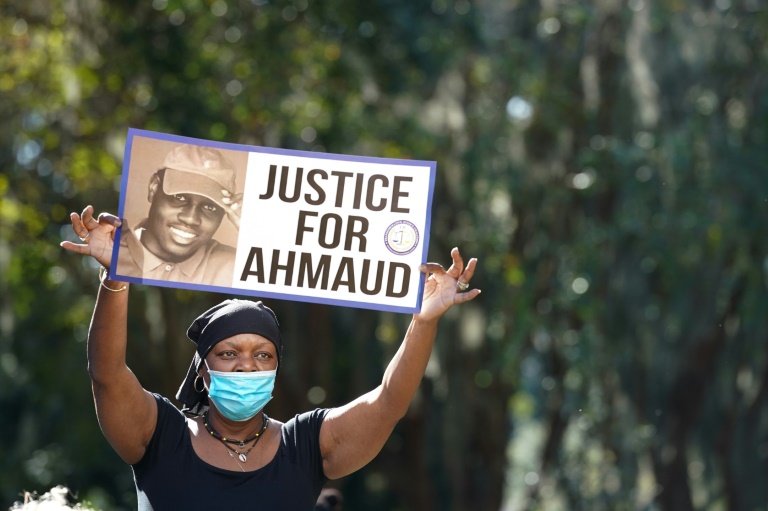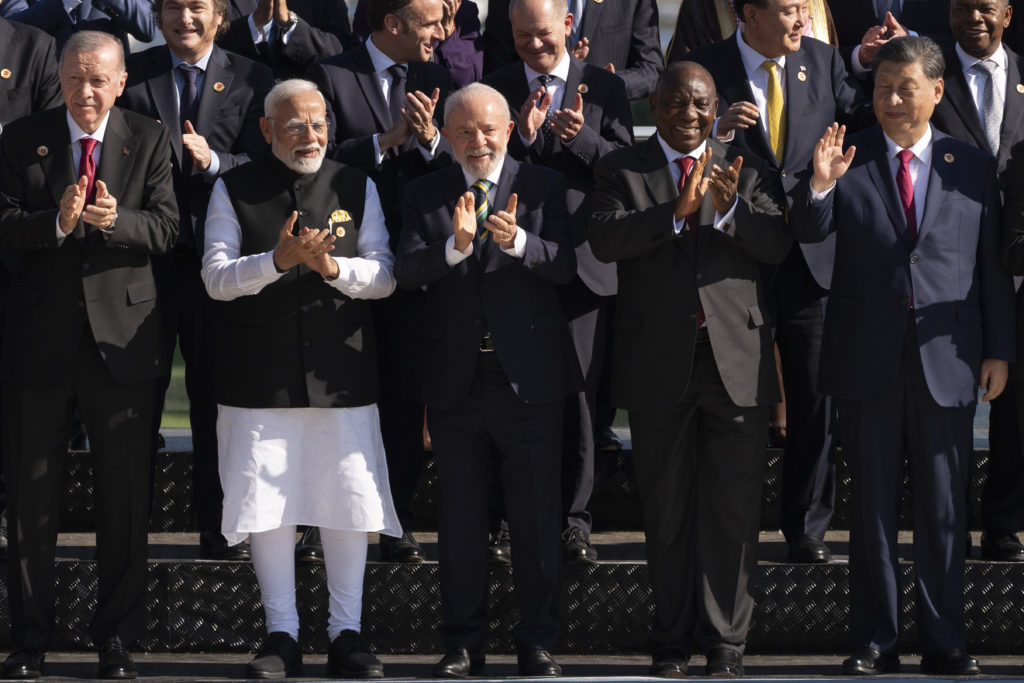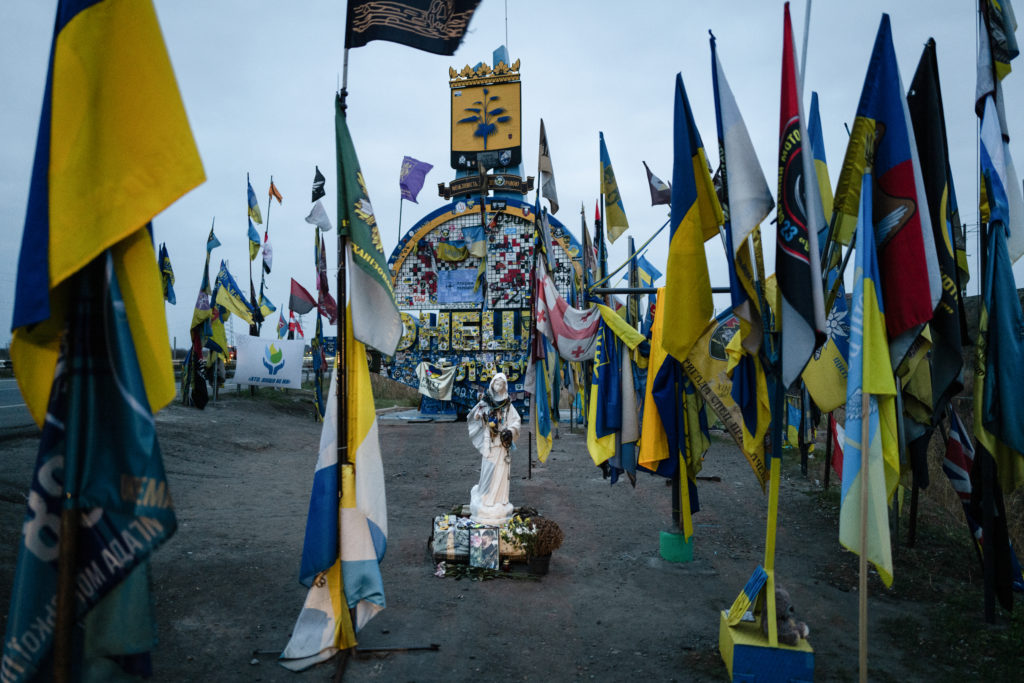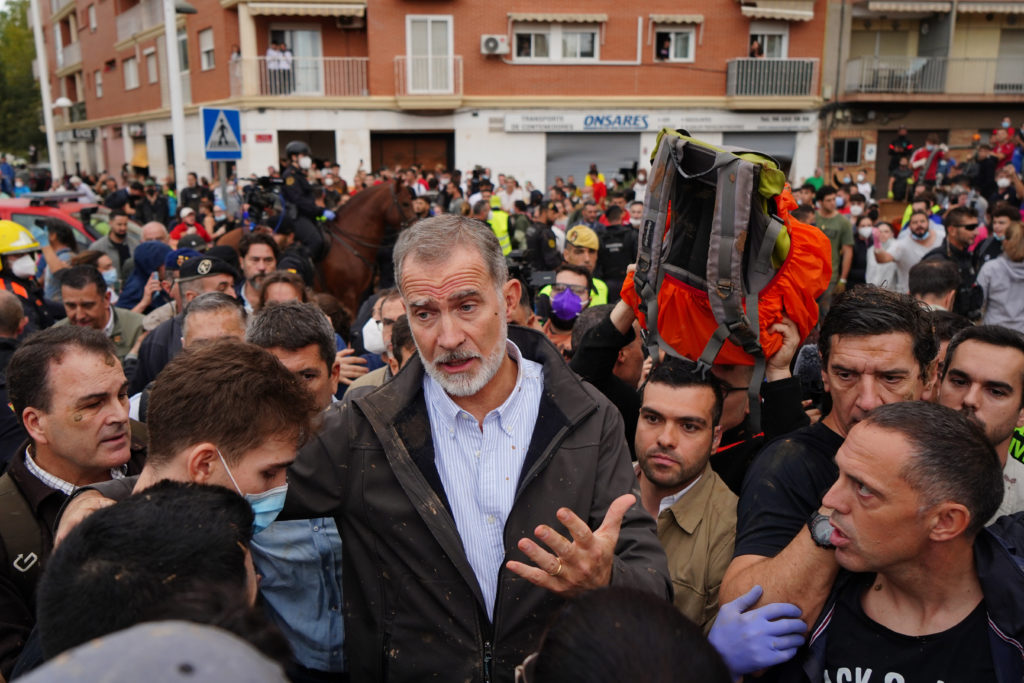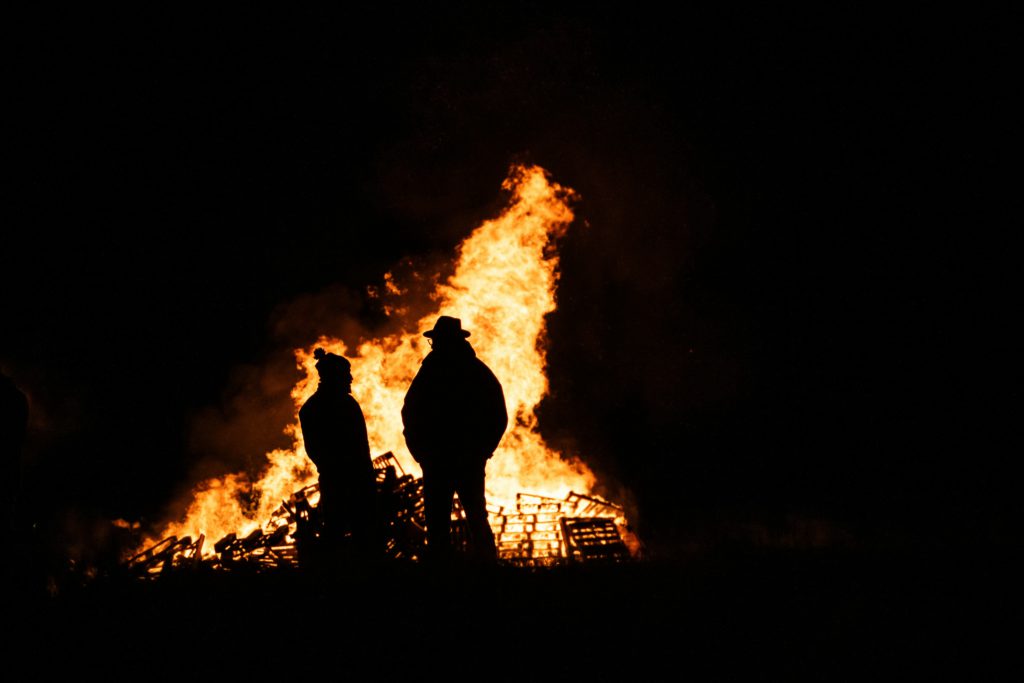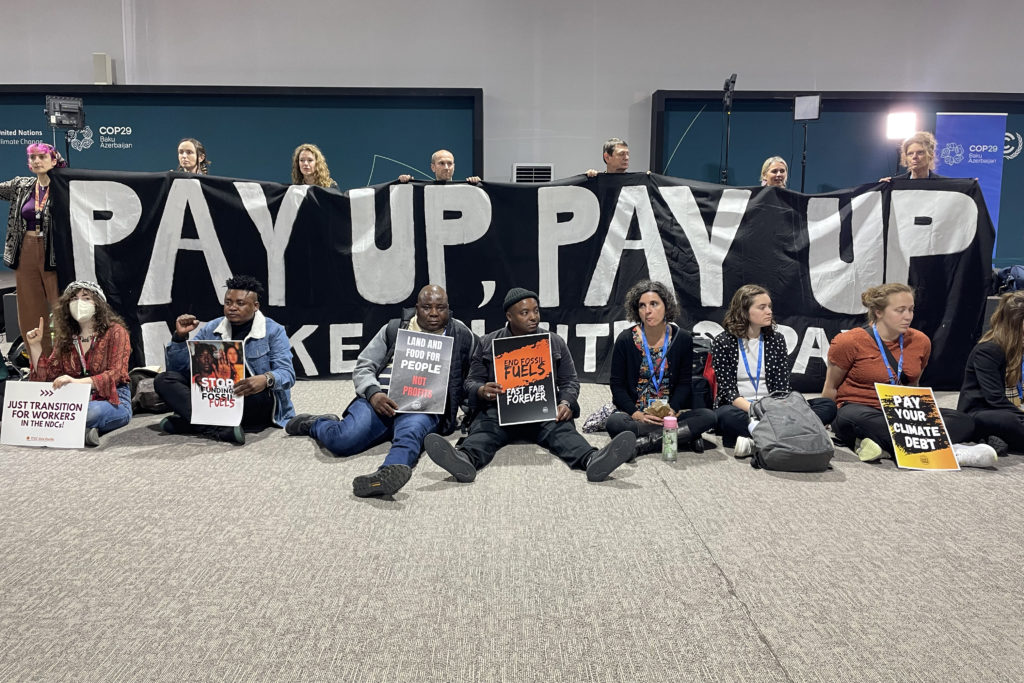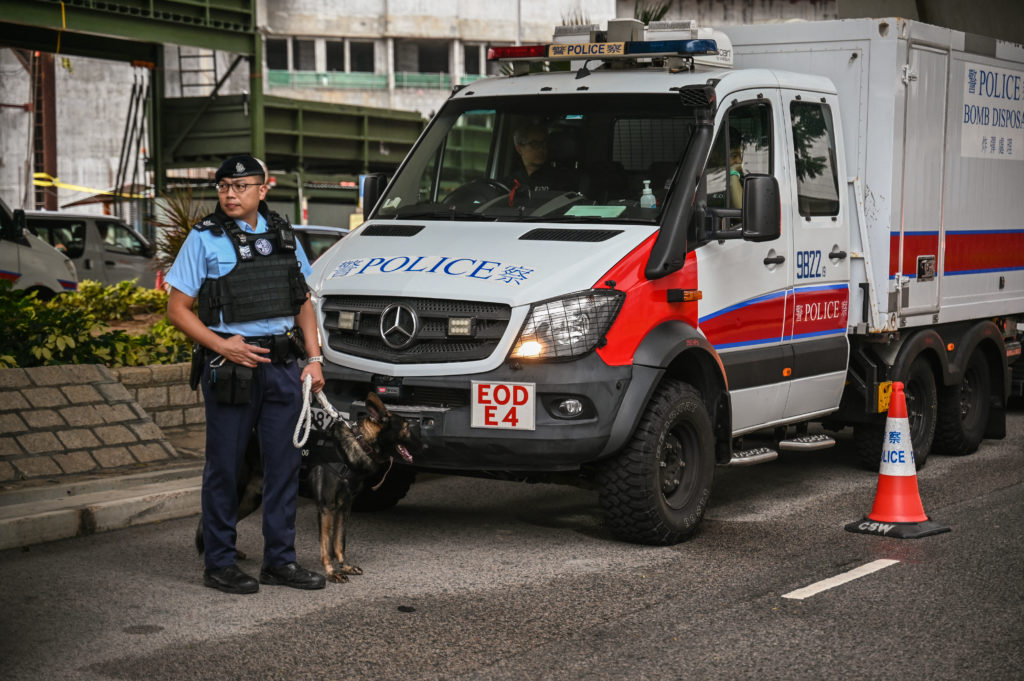Opening arguments begin Friday in the trial of three white men charged with the shooting death of a Black jogger amid controversy over the selection of just one African-American juror for the high-profile case.
Superior Court Judge Timothy Walmsley said there “appears to be intentional discrimination” in the composition of the 12-member jury panel but he would allow the trial in the southern state of Georgia to proceed.
Gregory McMichael, 65, his son Travis, 35, and their neighbor William Bryan, 52, have been charged with murder and other offenses after chasing 25-year-old Ahmaud Arbery and shooting him during a confrontation in February 2020.
During more than two weeks of jury selection, defense attorneys for the three white men eliminated 11 of 12 prospective black jurors, prompting accusations of racial discrimination.
“After being hunted down, cornered, and shot for being a Black man in a white Georgia neighborhood, Ahmaud Arbery is again denied justice,” said Ben Crump, a prominent civil rights attorney. “His killers’ fate will be decided by a nearly all-white jury.”
“A jury should reflect the community,” Crump said of Glynn County, where the trial is taking place. About 25 percent of the 85,000 residents of Glynn County are Black.
Arbery’s mother, Wanda Cooper-Jones, told First Coast News she was “very shocked” that only one Black juror had been selected. “That was devastating,” Cooper-Jones said.
Prosecutors challenged the defense strikes of eight of the potential Black jurors but the judge found that the defense attorneys had presented valid reasons for their exclusion.
“They’ve been able to explain to the court why separate from race those individuals were in fact struck from the panel,” Walmsley said.
A graphic video of the shooting of the unarmed Arbery went viral on social media and added fuel to last year’s protests against racial injustice sparked by the murder of George Floyd, a 46-year-old African-American man, by a white police officer in Minneapolis, Minnesota.
Arbery became one of the symbols of countrywide “Black Lives Matter” protests against racial injustice and police violence.
– Citizen arrests –
Gregory and Travis McMichael followed Arbery in a pickup truck while Bryan trailed them in his own vehicle and filmed the scene on his cellphone.
After an altercation, Travis McMichael opened fire and killed Arbery with a 12-gauge shotgun.
The three men contend they mistook the jogger for a burglar active in their coastal neighborhood of Satilla Shores and invoked a Georgia law allowing ordinary citizens to make arrests.
Local prosecutors, for whom Gregory McMichael, a retired police officer, had worked for a long time, did not make any arrests in the case for nearly three months.
It was only after the video of the shooting was leaked online that the case was transferred to state police and the three suspects were arrested and charged.
“A Black man should be able to jog without fearing for his life,” President Joe Biden tweeted on February 23, the first anniversary of Arbery’s death.
Prosecutors will insist Arbery was unarmed and had no connection to the series of burglaries that took place in the neighborhood where he was jogging.
The defendants are expected to plead self-defense, arguing that Arbery was resisting lawful arrest.
Since Arbery’s death, Georgia has passed a law that imposes additional penalties for crimes motivated by hatred toward a victim’s race, gender, sexual orientation and other characteristics.
Arbery’s mother has filed a separate civil lawsuit demanding $1 million in compensation from the McMichaels and Bryan, but also from local authorities accused of trying to cover up the case.
A local prosecutor, Jackie Johnson, was indicted last month for violating her oath of office and allegedly hindering the investigation into Arbery’s death.
The three defendants also face separate federal hate crime charges and a trial is set for February.

